Prologue: The World of Codea
There’s a peculiar truth about memory, one I’ve struggled with for years. I could recall every vivid detail from the epic tales I read nearly a decade ago—the clash of swords, the rise of kingdoms, the weight of destiny on the shoulders of those brave enough to bear it. Yet, when it came to the dry facts of yesterday’s lecture or the countless pages of technical manuals, my mind always seemed to let them slip away, lost in the monotony of words and disconnected concepts.
It was the story that made the difference. The context. The characters. The way the world of the book pulled me in and made me care. That’s what allowed the lessons to stick. And that’s what made me realize: Why not learn the same way I remember?
And so, the world of Codea was born.
In Codea, magic isn’t just an abstract idea—it’s real. It flows through everything, woven into the very fabric of the world. The mages of this realm are not unlike the people in our world. They are the Developers, wielders of immense power, but not the kind of power you might expect. Their spells are not cast from staves or ancient scrolls—they are written in code. Every line, every function, every string of commands they create has the power to shape reality, to make the world bend to their will. In this world, Developers truly are mages, gifted with focus, intellect, and the discipline to harness the potential of Codeium—the language of Codea.
And what of Codeium? It is not one single thing, but many forms, each with its own strengths and purposes. From the structured elegance of Pythorium, to the powerfully intricate C++rystal, these magical languages are the tools through which Developers shape their world. But the names themselves? They’re just that—names, symbols for something much deeper. In our world, we call it software. In Codea, it’s the lifeblood of progress, the very magic that keeps their world spinning.
Yet, as powerful as these mages are, even their creations are not perfect. Just like our own technology, the magical systems they weave are prone to flaws, to cracks in their seemingly flawless designs. And that’s where Auditors come in—those who dedicate themselves to testing these spells, ensuring that the systems hold, that the magic works as intended.
You see, it all fits. Maybe not perfectly, maybe not without some logical flaws here and there, but the parallels are there. The structure of QA and testing, the importance of finding defects, of preventing failure—it’s all part of this magical world. The more I thought about it, the more I realized that perhaps this world could do for others what fantasy worlds did for me—help you learn, not just through facts and theory, but through a story.
A story where the lessons of quality assurance and testing come alive, where you see the importance of finding flaws before they cause harm, of ensuring that magic—or software—works the way it should. This isn’t just about passing a test or getting a certification; it’s about understanding why it matters, and maybe, just maybe, remembering it because it’s tied to something bigger.
This is why I decided to build the world of Codea. A world where magic and mages are not far from the world we live in, where the disciplines of focus, logic, and critical thinking are just as important as casting spells. A world where testing is magic, and magic is testing.
I hope this story helps you, as it has already helped me, to understand the world of QA and testing. And maybe, like those tales of old, it will stay with you long after the final page is turned.
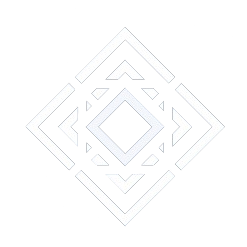
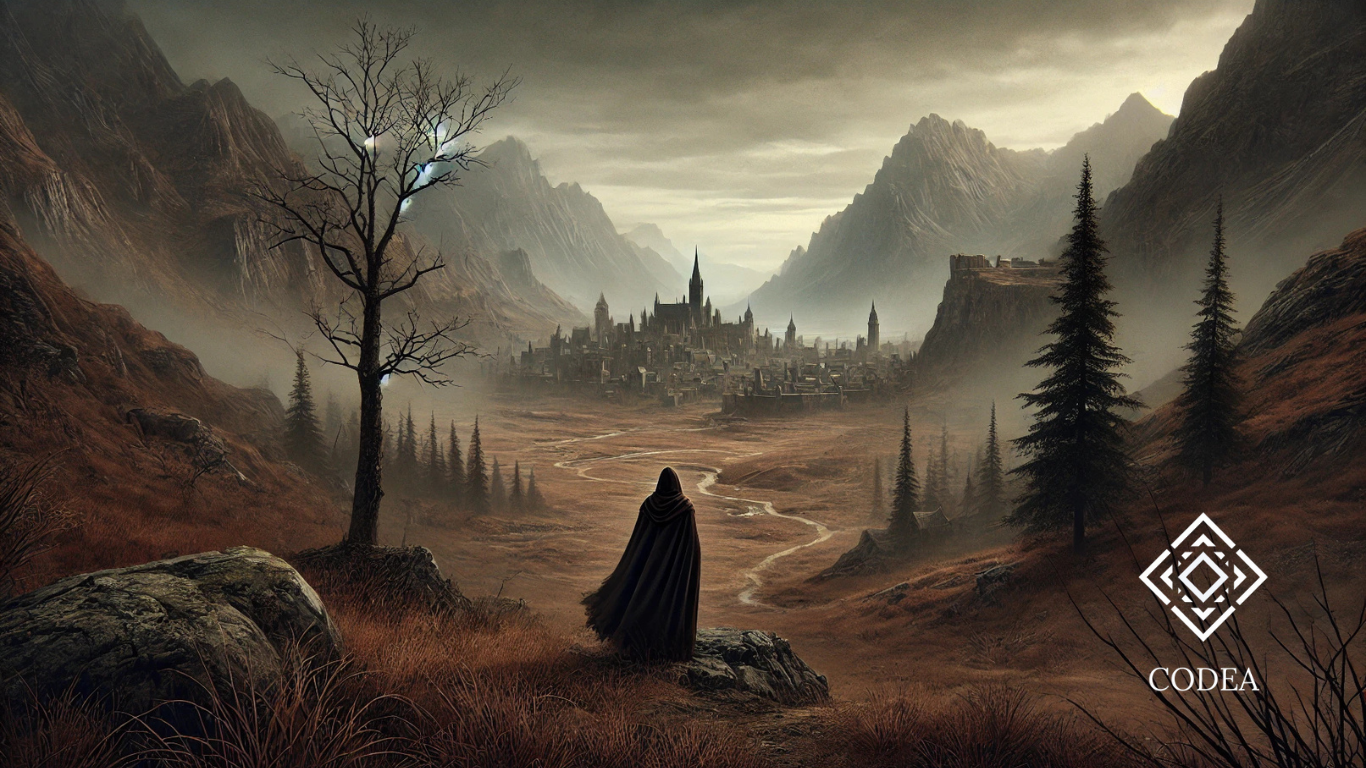

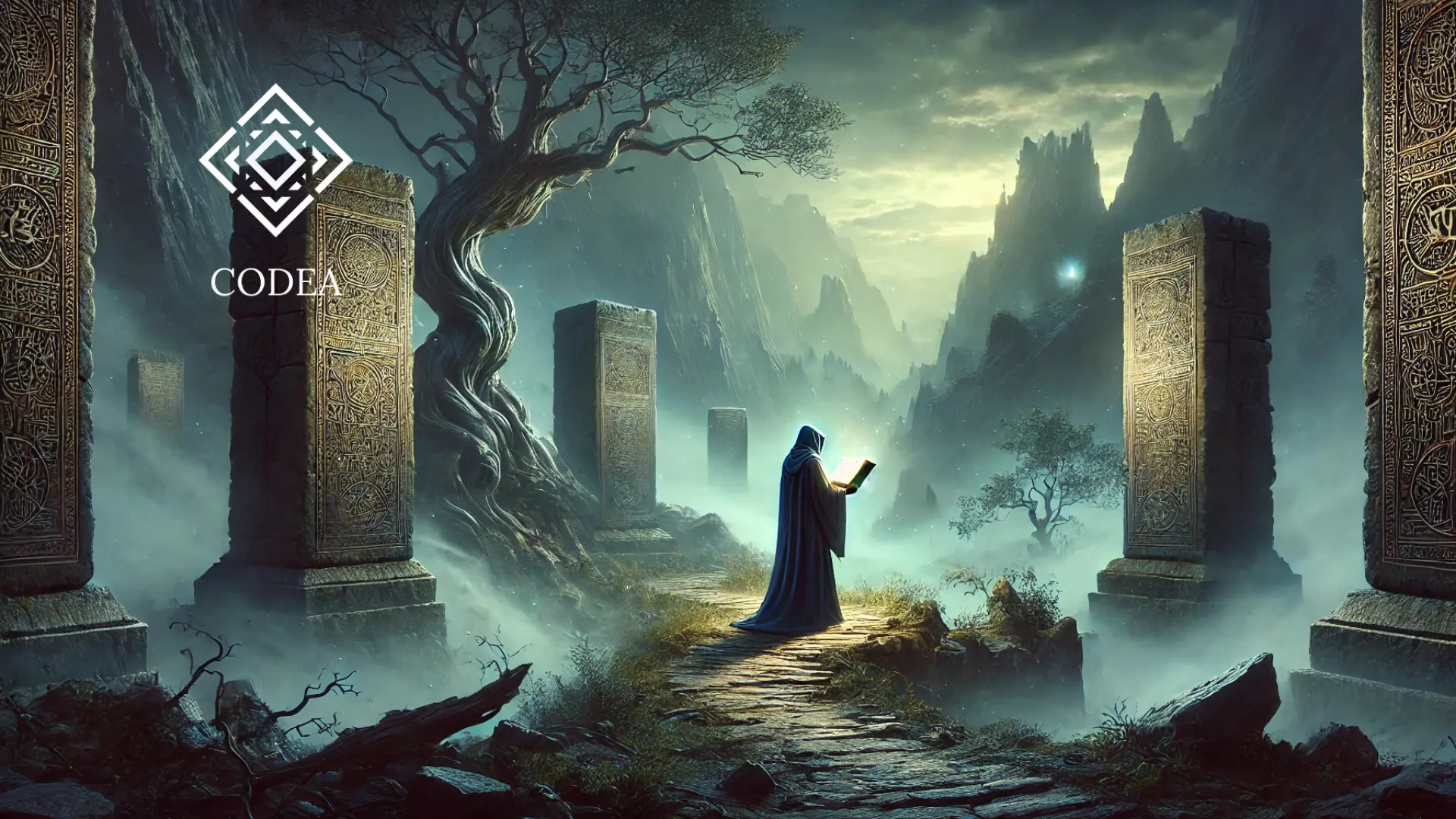
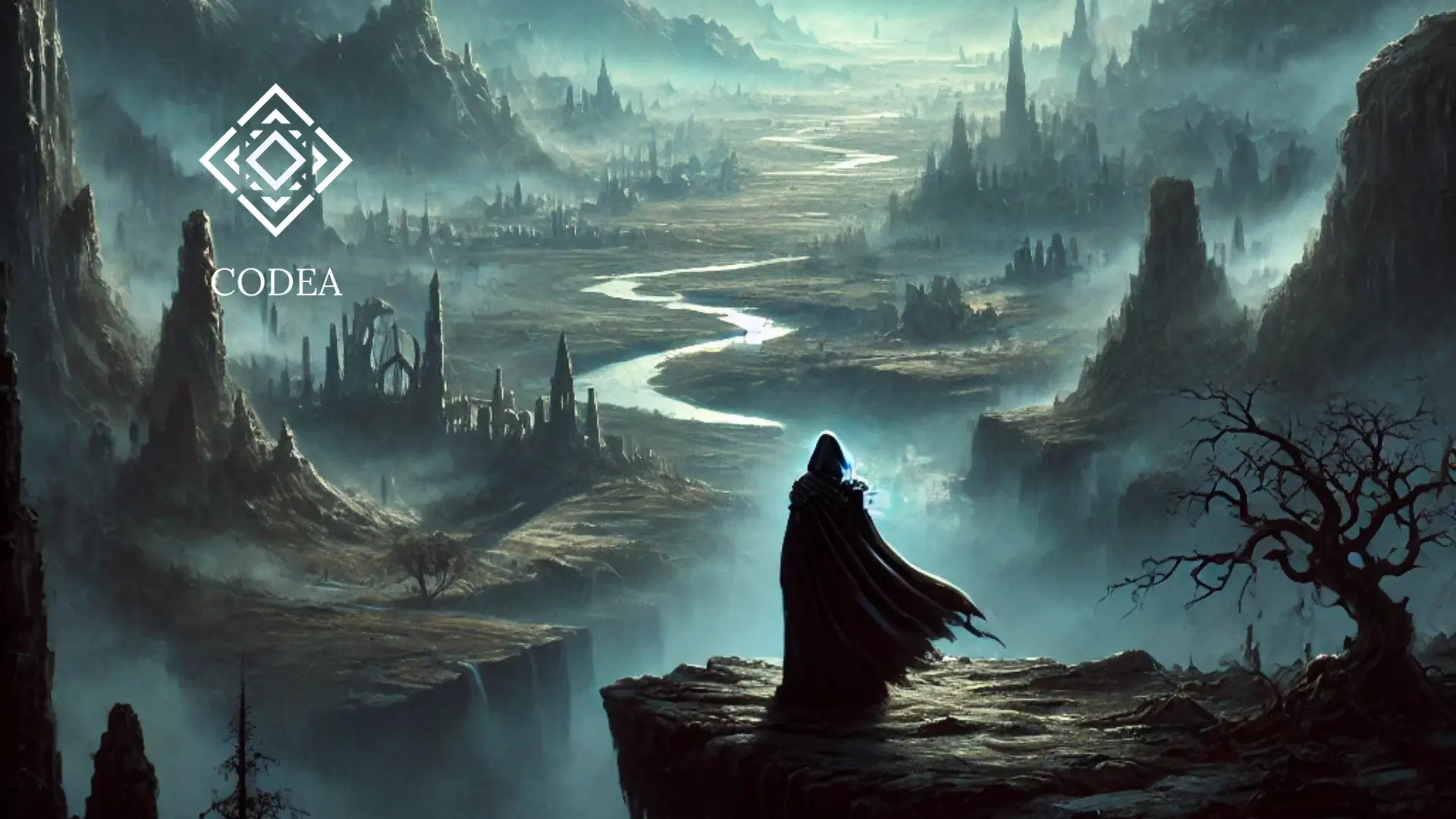
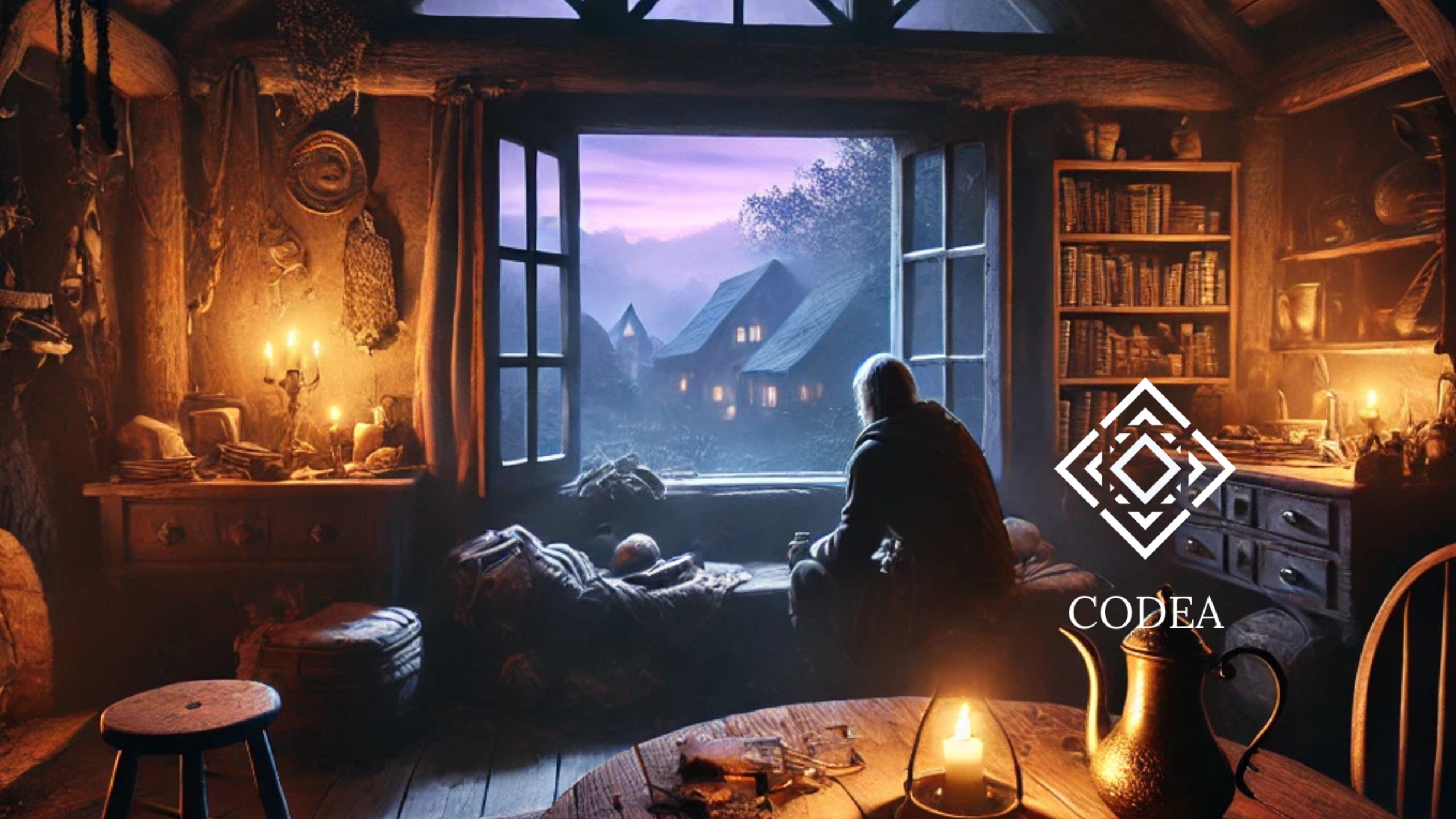
Leave a Reply